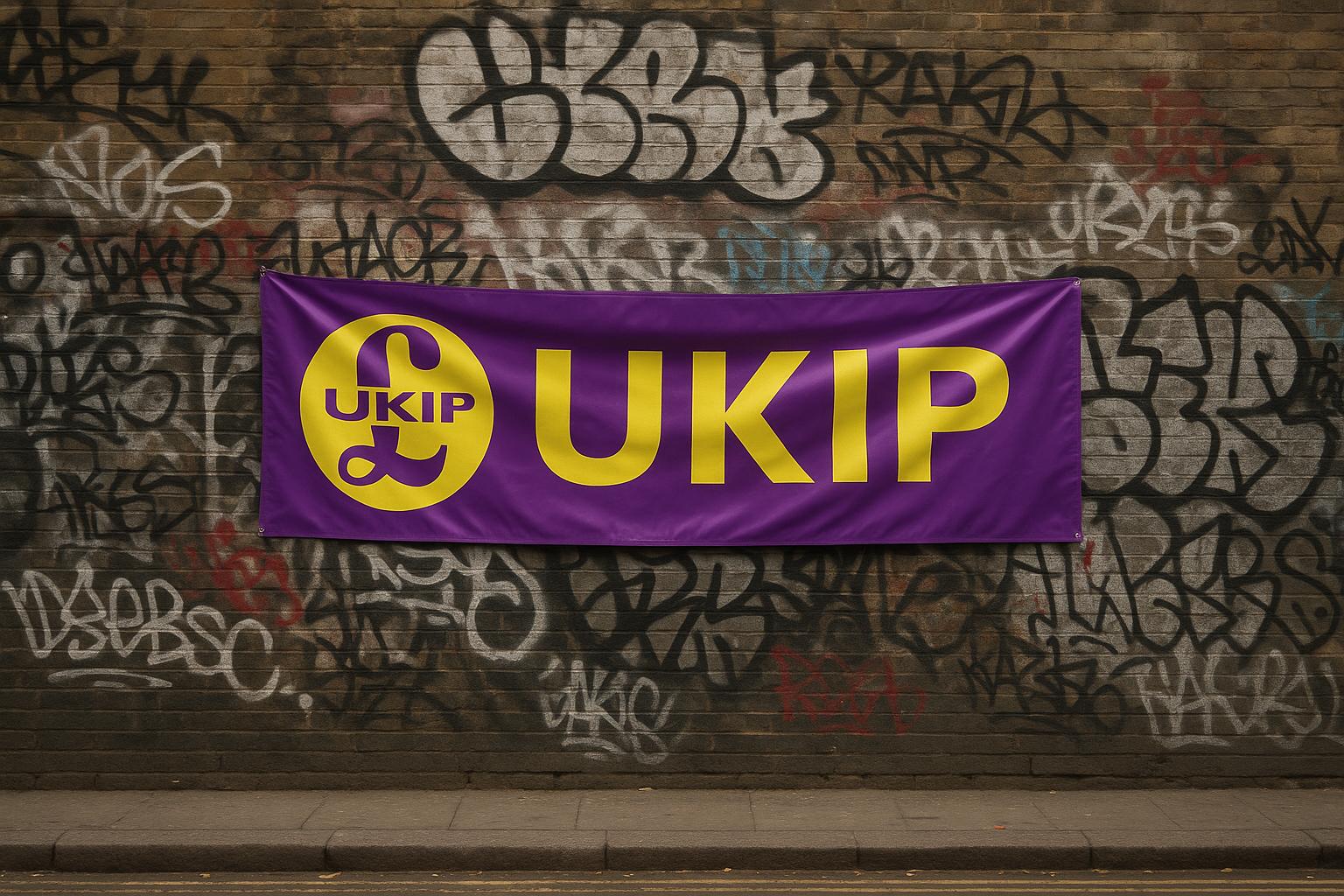The Metropolitan Police have imposed significant restrictions on a United Kingdom Independence Party (UKIP) protest planned for Whitechapel, London, amid concerns about potential disorder and community tensions. The protest, part of UKIP’s so-called "mass deportations tour," aimed to "reclaim Whitechapel from the Islamists," a slogan that has sparked considerable local unease. The event was expected to be met with a counter-protest organised by Stand Up To Racism (SUTR) along with local community groups, reflecting the deep divisions in the area.
Commander Nick John, responsible for public order policing in London over the weekend, emphasised that the Metropolitan Police’s priority is to ensure protests remain peaceful and to minimise disruption to residents, businesses, and visitors. He noted that when opposing groups assemble in close proximity—especially in residential areas such as Tower Hamlets, which has the largest Muslim population percentage in the UK—the risk of disorder increases. This has guided the police’s decision to impose restrictions on the UKIP protest to prevent the situation from escalating.
The force is clearly balancing the democratic right to peaceful assembly with the need to maintain public order. However, UKIP leader Nick Tenconi harshly criticised the Metropolitan Police's measures, accusing them of yielding to Islamist pressure and undermining democratic freedoms. He claimed the police action violated their right to protest peacefully. Nevertheless, the Metropolitan Police have made it clear that the restrictions are a preventive step aimed at stopping serious disorder before it arises in an area sensitive to community relations.
This incident in Whitechapel is part of a wider backdrop of increasing protest activity in London, much of it involving polarising and often confrontational demonstrations. London police are concurrently preparing for other significant protests, such as the "Unite the Kingdom" march and corresponding counter-protests organised by anti-racism groups, which require deployment of a large number of officers to manage potential clashes.
The situation also highlights the broader challenge faced by the Metropolitan Police Service and examined by the London Assembly Police and Crime Committee. The committee is investigating how the Met deals with the growing demands of public order policing, especially when it must balance national security concerns with protecting democratic rights. The evolving landscape of protest activity places increasing pressure on the force to manage safety and community cohesion simultaneously.
In summary, the Metropolitan Police’s restrictions on the UKIP protest in Whitechapel reflect complex considerations surrounding public order, community sensitivities, and the right to protest. While some political voices decry the move as censorship, the police argue it is a necessary measure to prevent disorder and protect the local community, particularly given the charged atmosphere in one of London’s most diverse and closely-knit boroughs.
📌 Reference Map:
- Paragraph 1 – [2] (Evening Standard), [4] (Homeland Security Today)
- Paragraph 2 – [1] (Evening Standard), [3] (Upday)
- Paragraph 3 – [5] (Evening Standard)
- Paragraph 4 – [6] (Reuters)
- Paragraph 5 – [7] (London.gov.uk)
- Paragraph 6 – [1] (Evening Standard), [2] (Evening Standard), [4] (Homeland Security Today)
Source: Noah Wire Services
